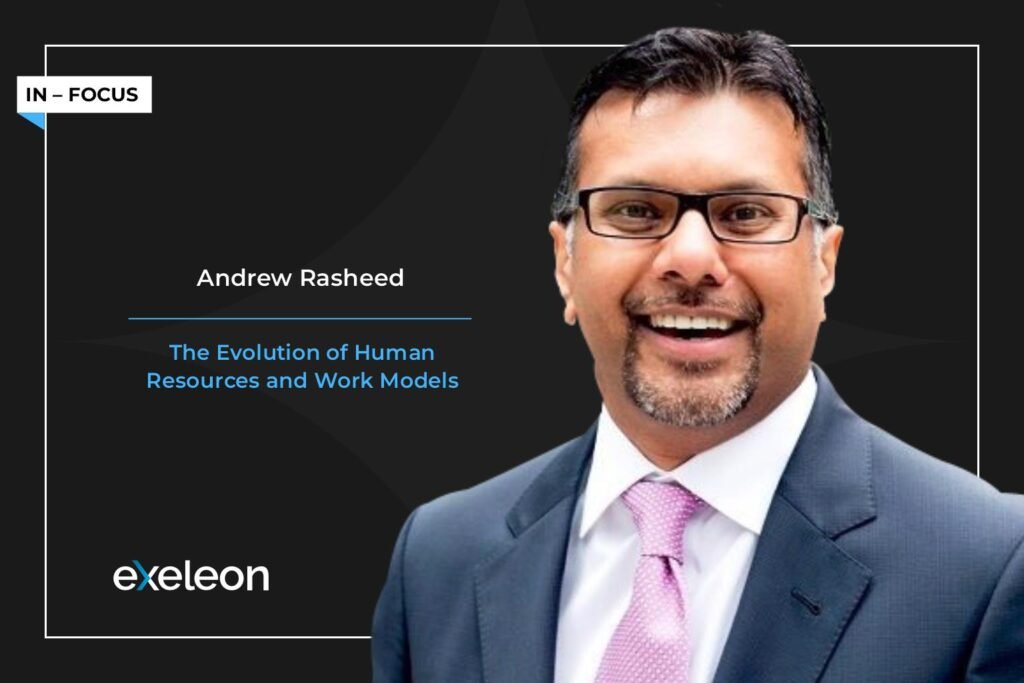British Columbia-based human resources professional Andrew Rasheed has worked with Manning Elliot LLP since 2008. In his position as the Director of Human Resources, Rasheed’s focus has been to continue reforming Manning Elliot’s practices to attract top-level talent and boost retention rates. Rasheed’s current initiatives have supported continued education, flexible work schedules, and updating benefit packages.
His approach to innovation has created streamlined processes and a positive work environment allowing Manning Elliott LLP to continue to see substantial growth. In 2015, under Rasheed’s leadership, Manning Elliott LLP was recognized as one of Canada’s top small and medium employers for 2015. Today, Exeleon Magazine sat down with Andrew Rasheed to see how the role of Human Resources has evolved over the years.
Q: We are seeing a shift where hybrid work models are becoming more and more popular. What benefits can we see from this model?
Andrew Rasheed: We started to see this come into effect at the end of the pandemic and it has stuck around for many companies. I think this can be a very successful work model. By having a few days in the office, and a few days at home, we can capitalise on productivity. We are seeing a healthier balance in energy from employees, contributing to better quality work.
Q: You also have some experience with ‘flexible’ work models. What does this look like for employees and why should more companies consider this?
Andrew Rasheed: This is different from remote or hybrid work, in that the flexibility refers to the ‘time blocks’ in which work is completed. I always say the emphasis should be on getting quality work done. The exact hours when that work gets done should be flexible. For some, working 9 to 5 makes the most sense, but others prefer starting earlier or later depending on the structure of their lives. It works best for everyone if we can be flexible and accommodate shifting traffic, school drop-offs, or anything else they need to schedule around their work.
Q: What role does technology play in a human resources department?
Andrew Rasheed: The evolution of tech has changed a lot for us in the last 10 years. So many of our systems have become more streamlined and automated. This has allowed us to put more focus on initiatives that we didn’t have time for in the past. We are also seeing stronger channels of communication for our staff by integrating new platforms and systems to help with daily workflow.
Q: Why do you feel companies should invest in their employees’ continued education?
Andrew Rasheed: Simply because we want to see them succeed. Their success also equals success for a company. I get asked a lot why we don’t just hire someone who has the education we need. Today there are so many continued training programs and certificates that usually no one will hold on their own because it is hyper-specific. Another reason for us to support more professional development is to keep our employees up to date on the latest in their field. This keeps their work competitive and innovative.
Q: What advice do you have for emerging human resource professionals? Where should they put their focus?
Andrew Rasheed: Working in HR I have learned that listening is extremely important. If your goal is to improve the work environment, then you need to pinpoint what issues are holding you back. Who better to know about these issues than the employees of the company. Having them be a part of the conversation allows for them to feel more autonomy and it will give you the knowledge you need to make impactful and positive change. The goal is for everyone to feel like they are working in harmony.










